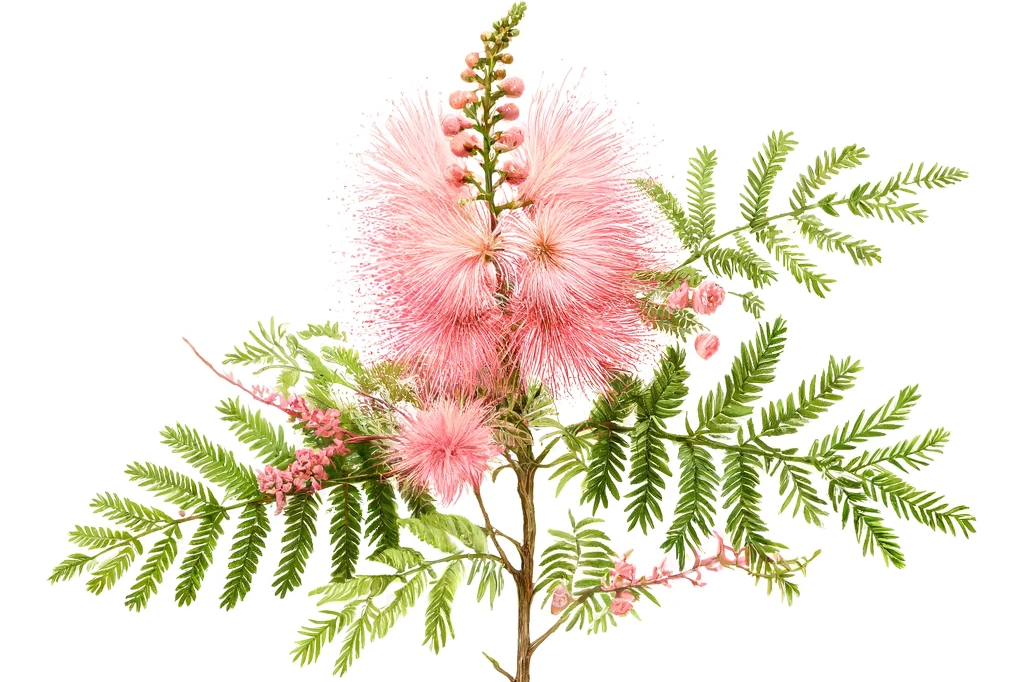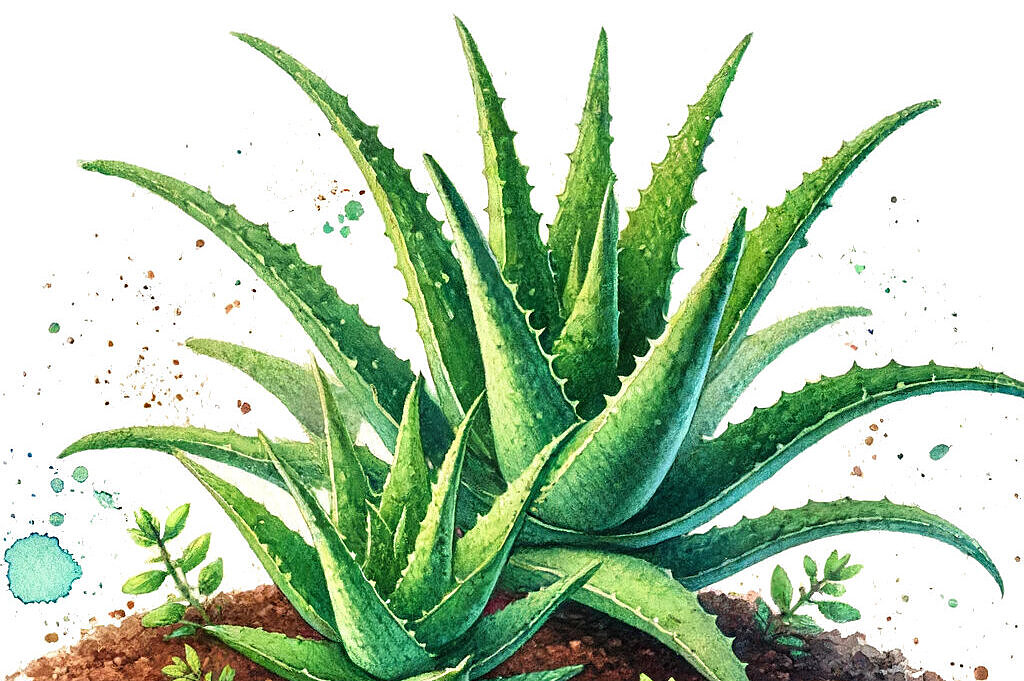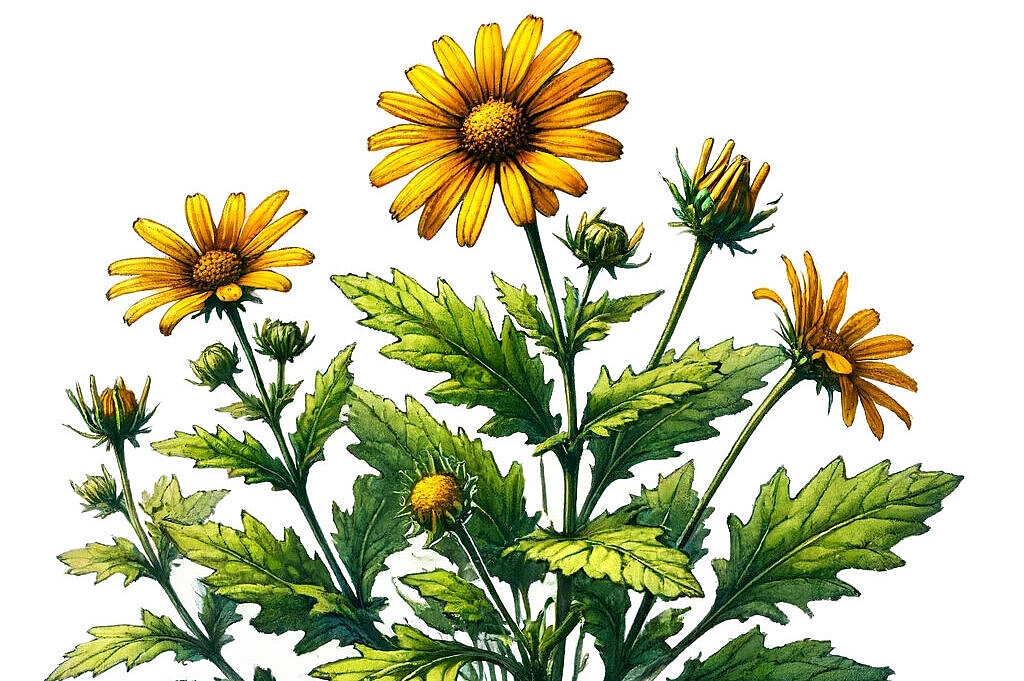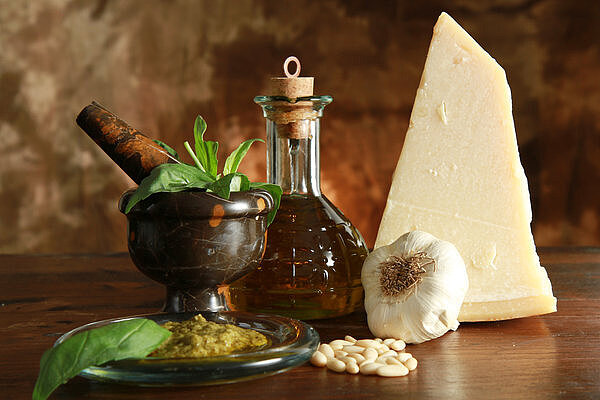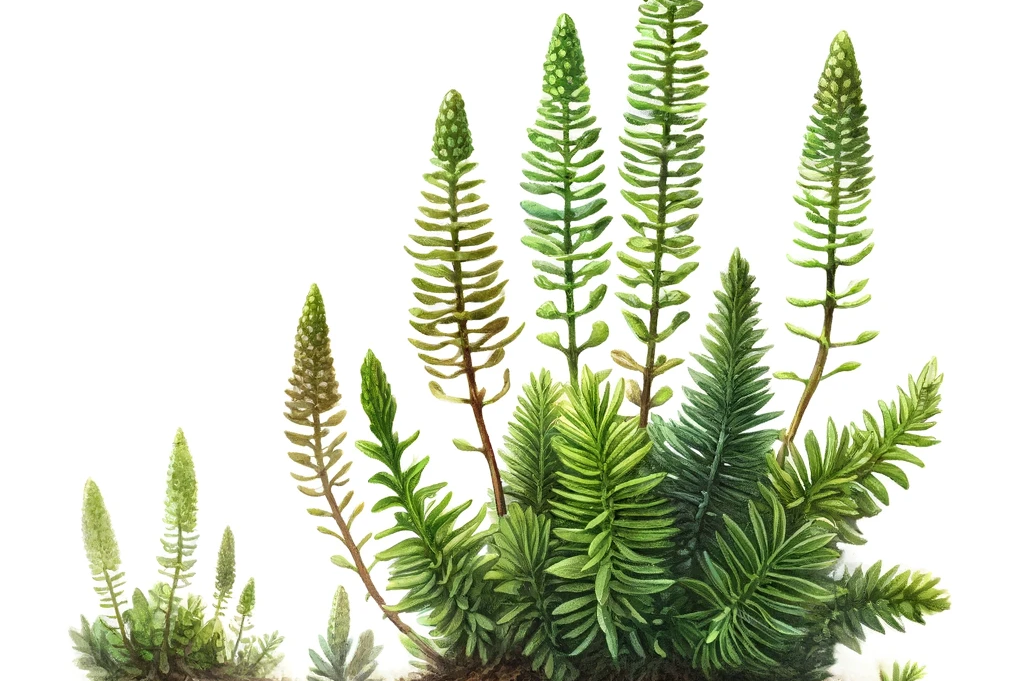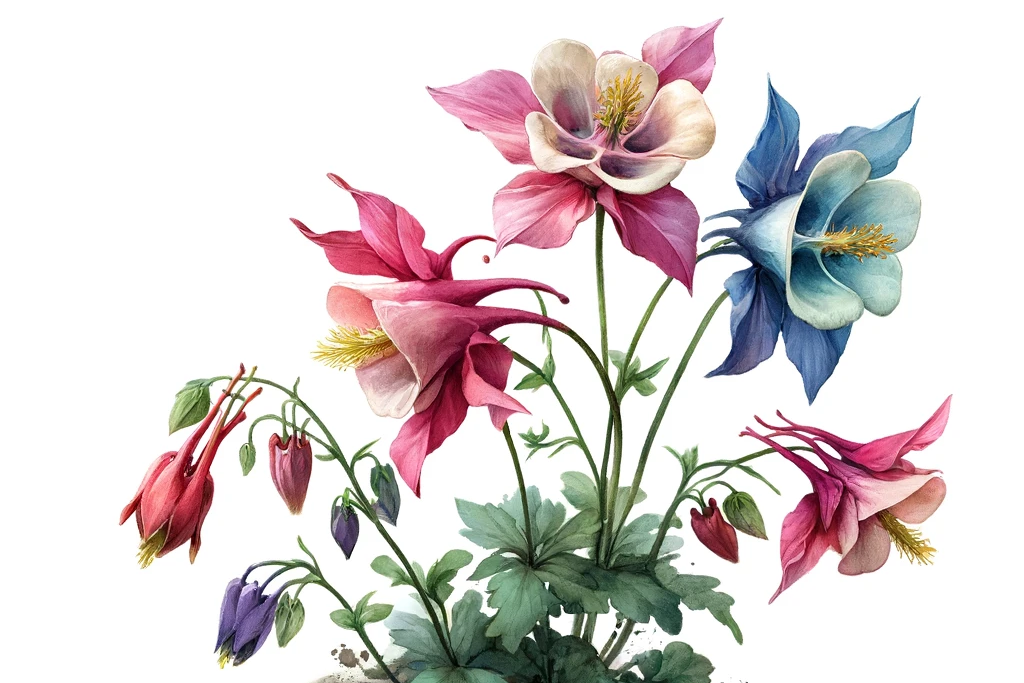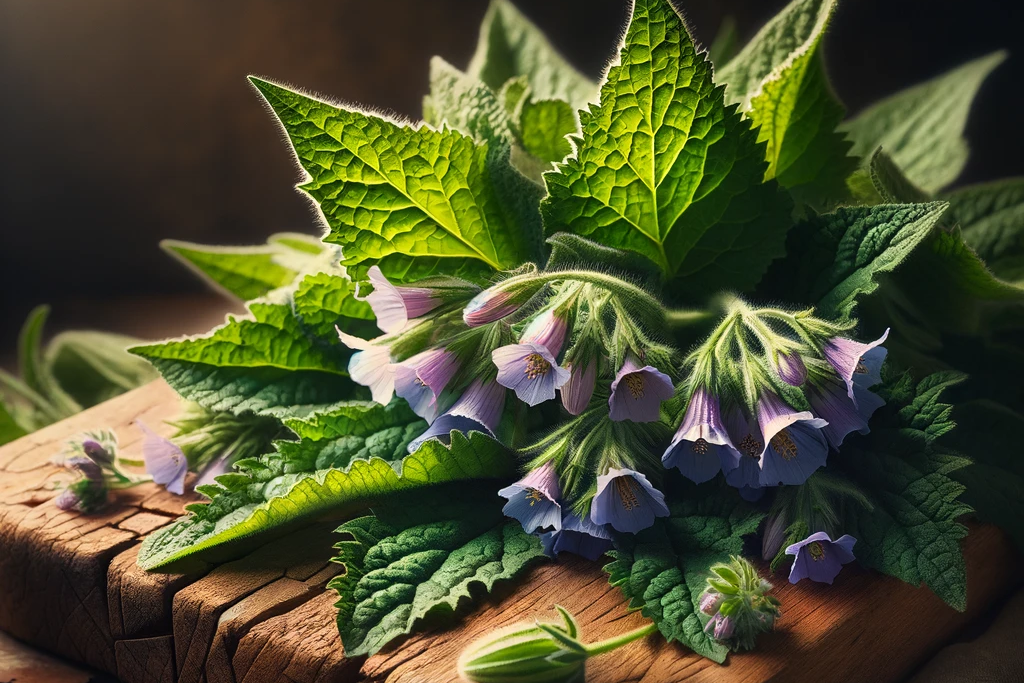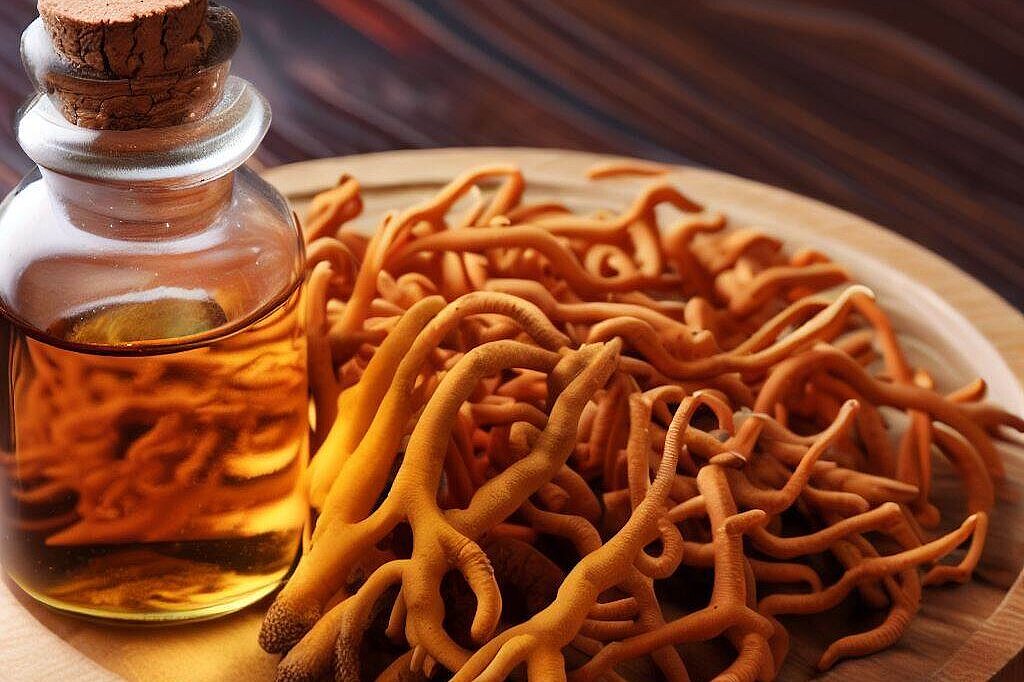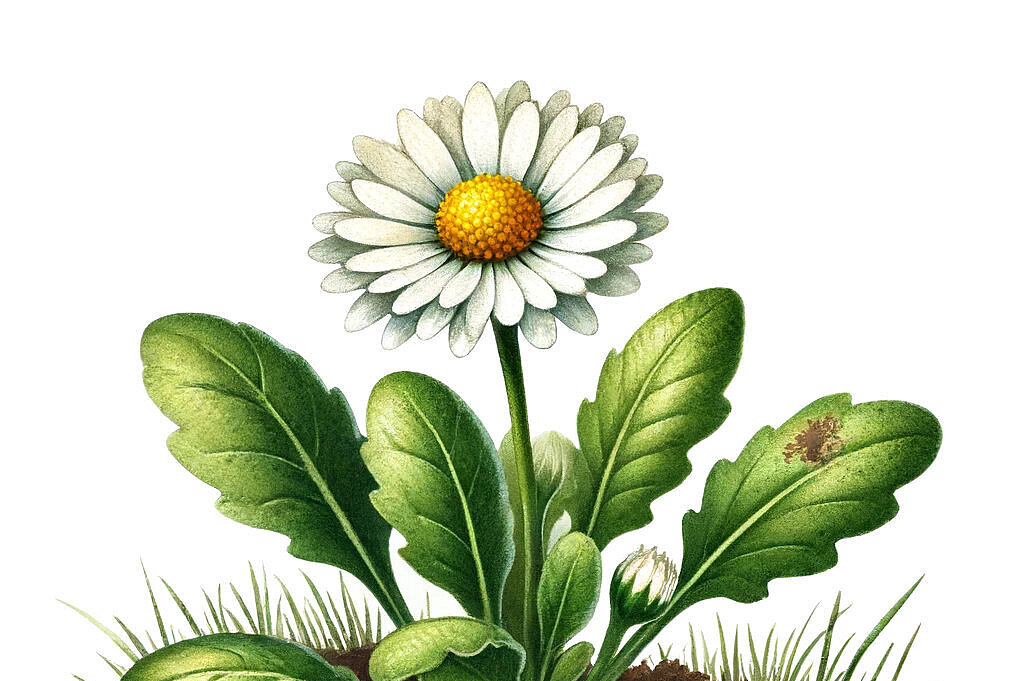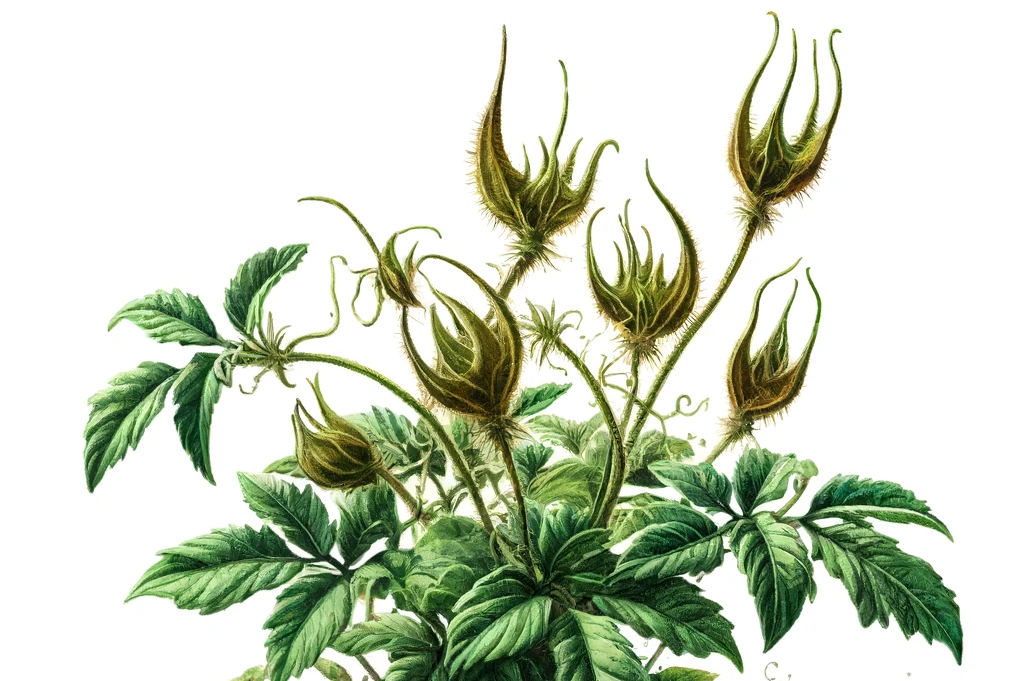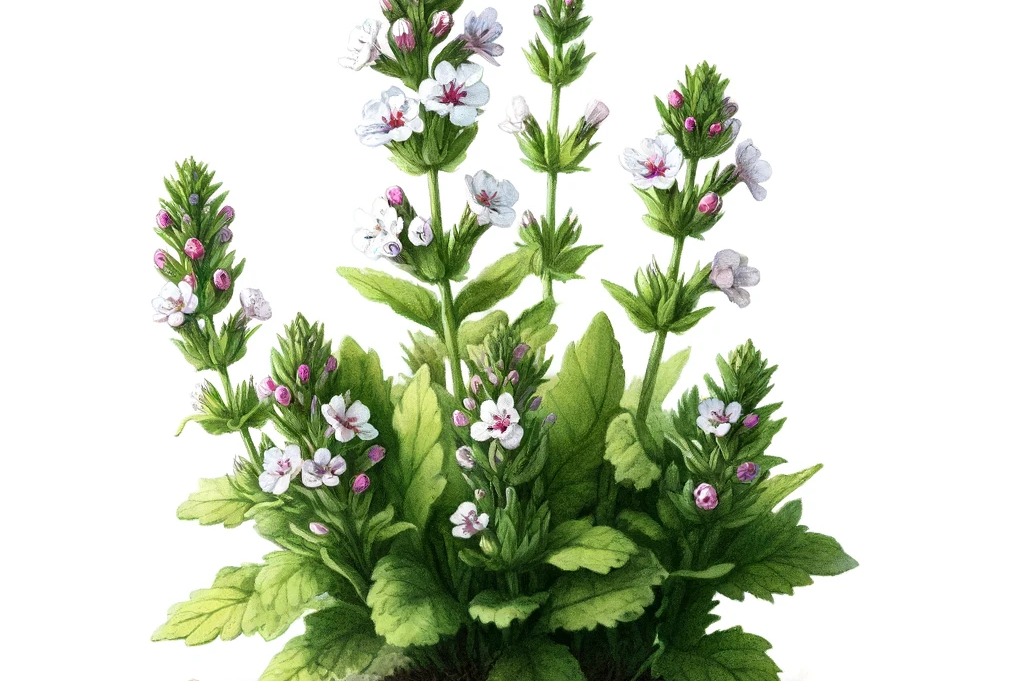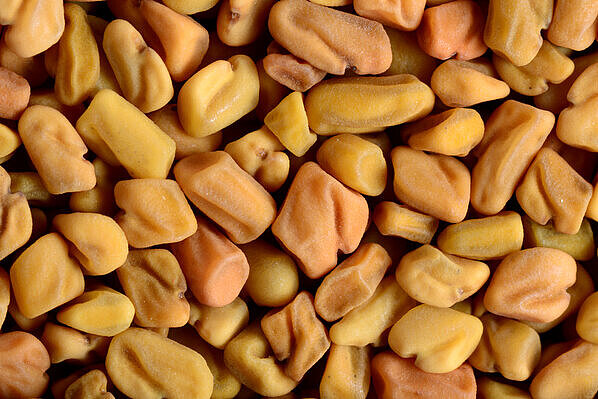Medicinal plant
When an ingredient for dog food is referred to as a "medicinal plant", it means that this ingredient comes from a plant that is known for its health-promoting or medicinal properties. Medicinal plants have been used in traditional medicine for centuries and are also used in modern animal nutrition.
These medicinal plants can have various benefits for your dog's health, such as supporting the digestive system, relieving inflammation, strengthening the immune system or calming stress and anxiety. Examples of medicinal plants that could be used in dog food are chamomile, ginger, turmeric, valerian or milk thistle.
However, it is important to note that not all medicinal plants are suitable for every dog and some can have side effects if used incorrectly or overdosed. You should therefore make sure that the medicinal plants contained in the dog food are suitable for your dog.
